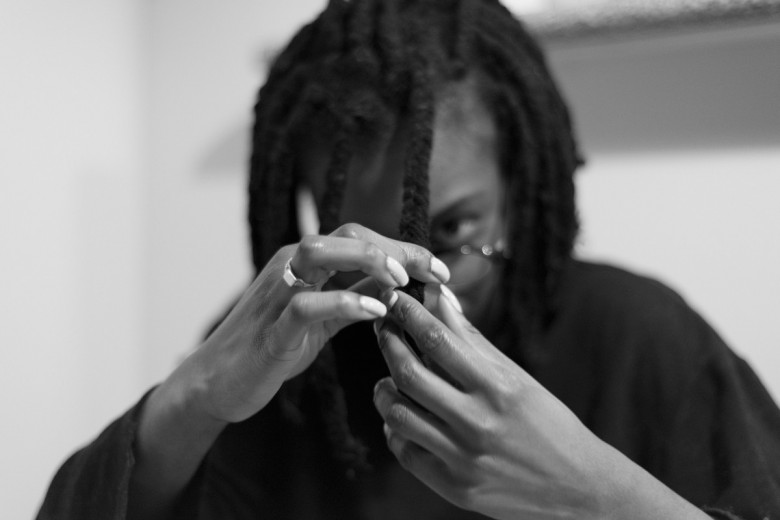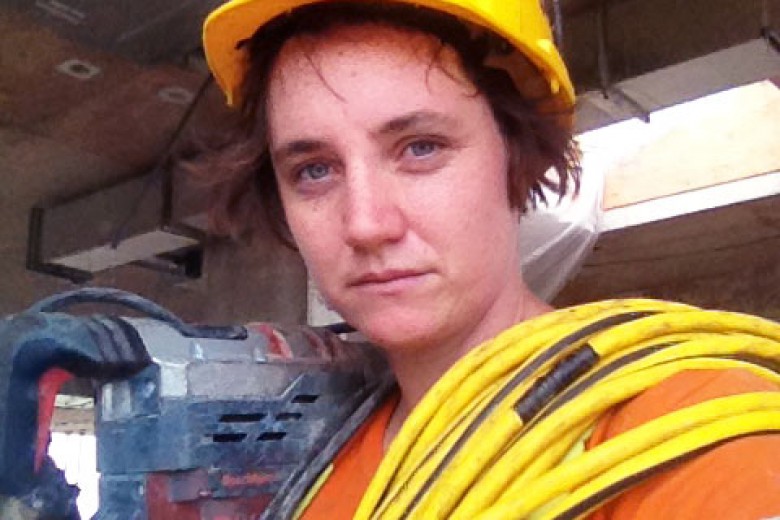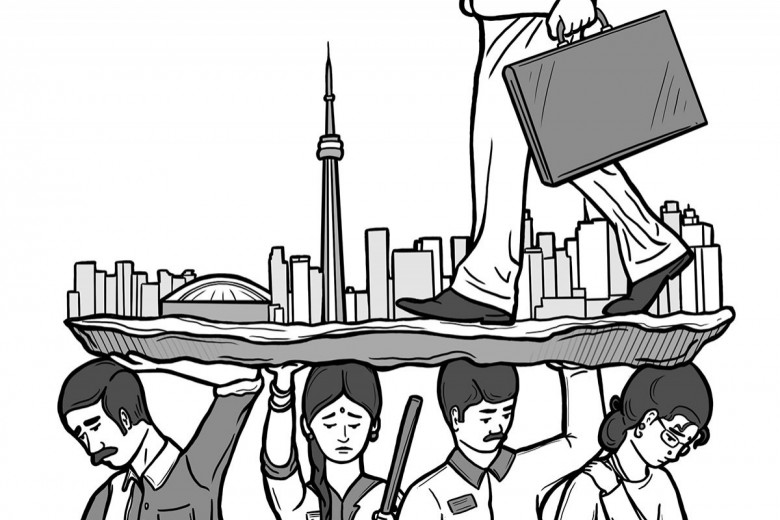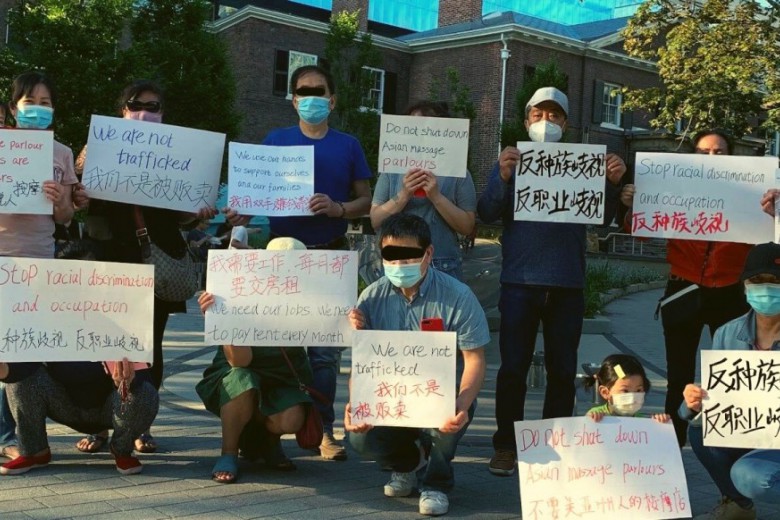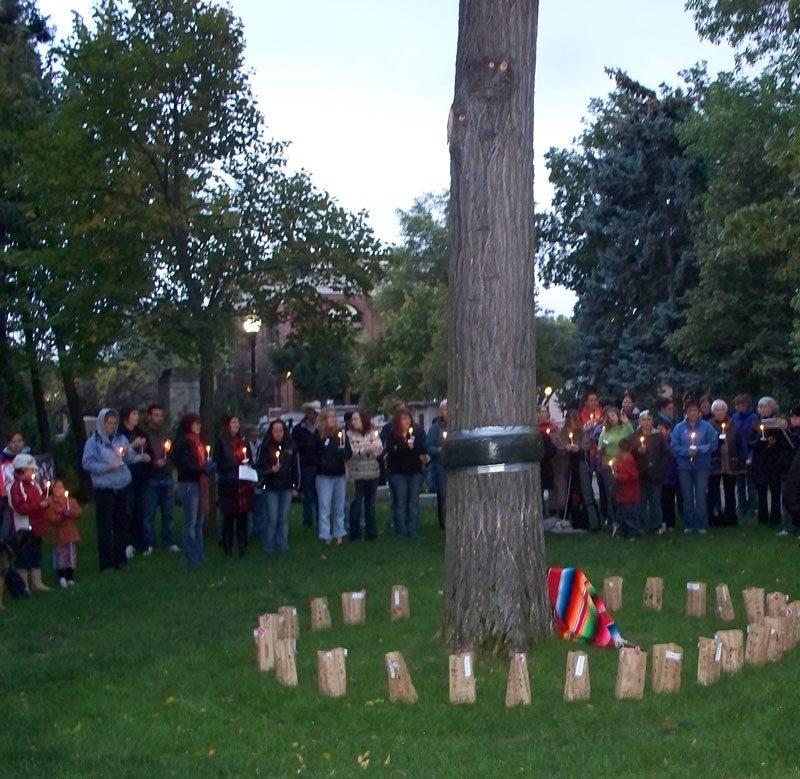
Some things defy articulation. How can a community conceptualize the vicious, racist misogyny that leaves scores of Aboriginal women missing and murdered? We try, because silence really is complicity — because we are all affected, we are all related and we do not accept the loss of these women. I say to the families of missing and murdered women: we are humbled by your courage in the face of such pain.
The women’s movement has a saying: the personal is political. We share our personal experiences, and in that way, we make them political. This is what Sisters in Spirit is doing. This is what the Native Women’s Association of Canada is doing. This is what the families of the missing and murdered women are doing.
Our personal conditions are not just private — they are the result of structures, processes, policies, laws, misogyny and racism. Once we understand that, we find solidarity, begin to analyze our situation and then take political action. In our solidarity and action we have power; we are not only victims.
There are so many names, too many for me to recite. But I remember in particular the girl whose name was the first branded into the national consciousness — Helen Betty Osborne, a 16-year-old high school student who was kidnapped, raped and murdered by four white boys, protected by their community for decades. She would be my age had she lived. Closer to home, I remember Pamela George, a young mother, kidnapped, raped and murdered by two young white men in Regina. I remember Amber, and Daleen, and Tara-Lyn, and all the sisters who are no longer with us. I am enraged that the loss of these women is a regular occurrence.
Generations apart, they have all been taken from us by an evil that has not gone away. And while racism and sexism come together in the lives of Aboriginal women, we know that not only white men have preyed on these women.
Aboriginal women and men have suffered from the violence of colonialism, but they have not suffered in the same way. Many women are victimized by assault, rape and murder. But indigenous women are especially vulnerable to male violence because of the convergence of sexism and racism. According to Amnesty International and the Native Women’s Association of Canada, Aboriginal women are five times more likely to be murdered than other women in Canada.
“It’s a good place to raise a family” people said when I moved to Regina in 1998. But not for my girl, who is visibly Aboriginal. I raised my daughter in fear — always fearing she would become a victim, would go missing, would be killed. She came close to it. I am lucky. She is alive. It could so easily have been otherwise.
Racism is an ideology that justifies the oppression and thefts of colonialism. Racism allows the settler population to see themselves as deserving, while the Other, the indigenous, is seen as deviant and deficient. Racism gives rise to white privilege, enjoyed by those who can choose not to know about colonialism or indigenous peoples, but who nonetheless benefit from being white in a racist settler society. Those with privilege receive quality education and good jobs, and are genuinely distressed at the suffering of indigenous peoples, while being blind to the ways in which their privilege arises from the historical and ongoing oppression of indigenous peoples.
The racism that I’m describing leads predominantly white politicians, police and media to pay less attention to missing Aboriginal women, and to ignore the factors that make them so vulnerable. They prefer to talk about “cultural differences” instead of oppression, about “risk factors” instead of colonialism. By focusing only on individuals and ignoring history, they can be blind to the fact that this awful problem of missing and murdered Aboriginal women is a consequence of our social, economic and political relationships.
Together, we remember these women and commit to working to build a society where women are not under such threats; where we will not always have to be afraid; where we need not meet to name the missing and share our pain; where such atrocities do not happen; where colonialism will be a thing of the past and we can finally work together for justice for all.
Blessed be, all my relations.


